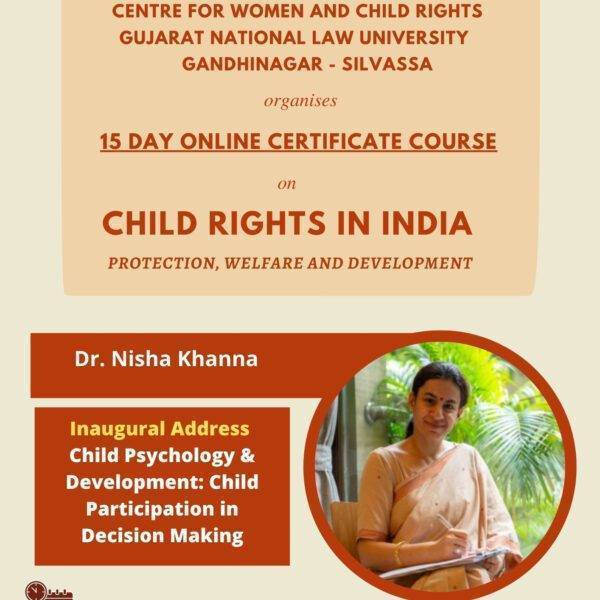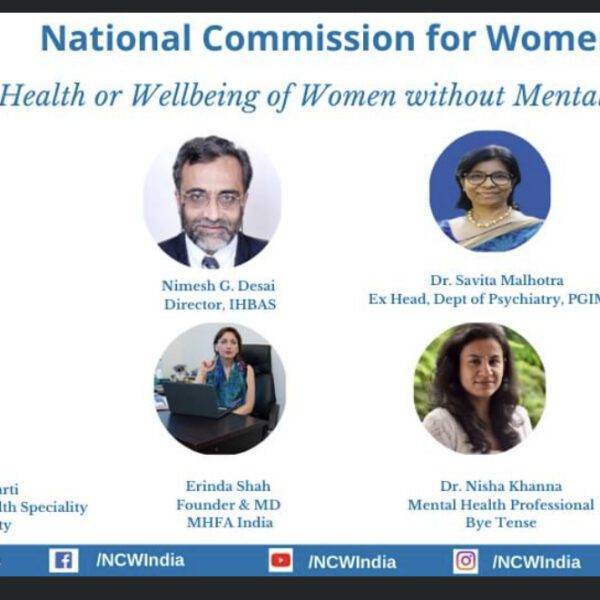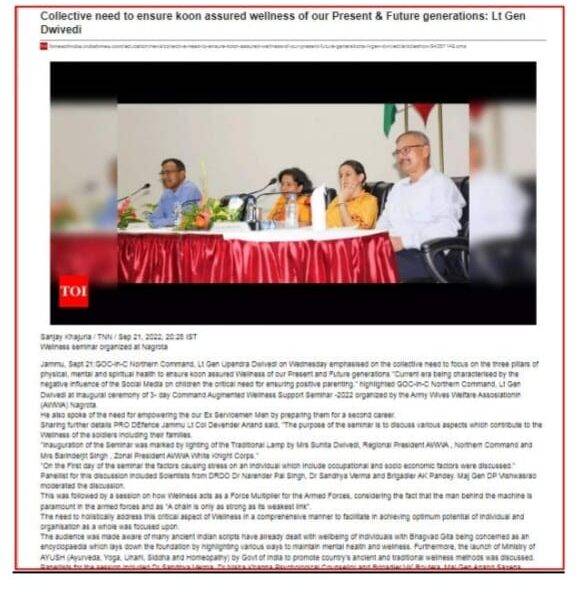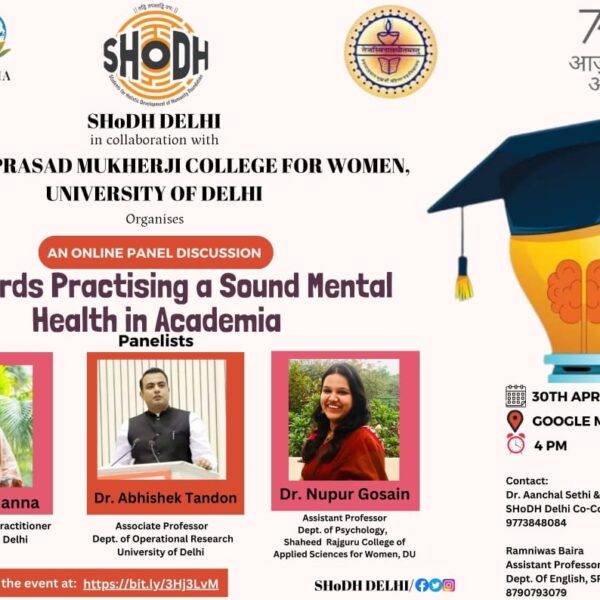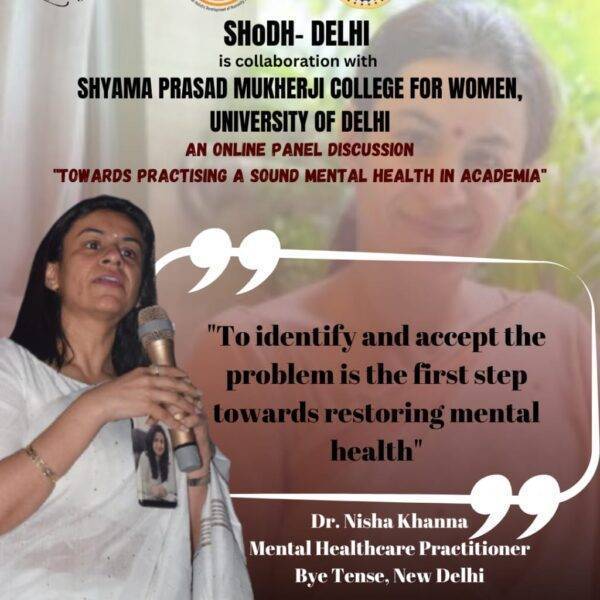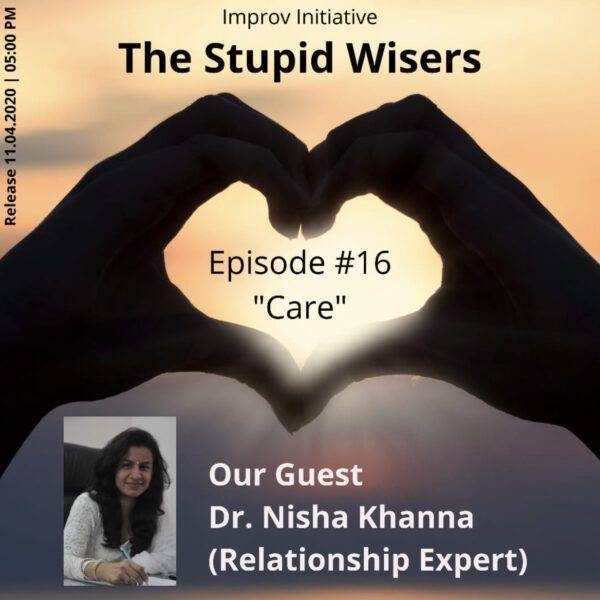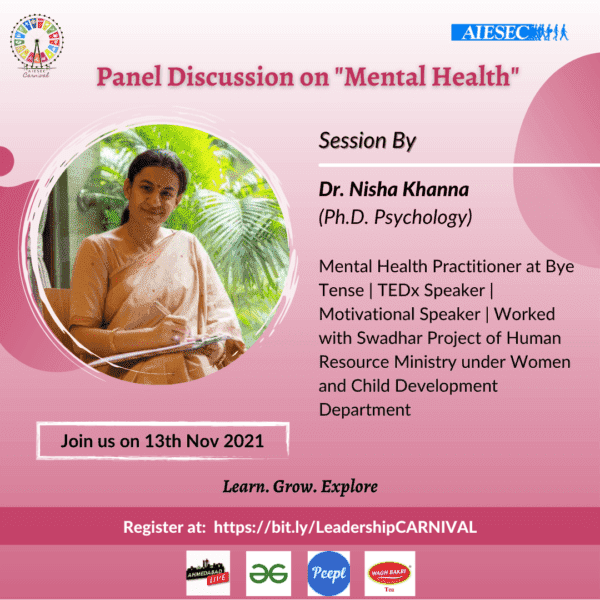EQ Testing
Bye Tense - EQ Testing
Improve Your Emotional Intelligence with Online EQ Testing in Delhi NCR

Dr Nisha Khanna is India’s leading, trained and experienced Best EQ assessor. She has been using EQ Testing in Delhi Ncr on his clients for the last eight years and has noticed a marked improvement in their behaviour. Numerous client does want to label with any disorder. As a trained best EQ Assessor in Delhi NCR, and India, Dr Nisha Khanna believes that EQ is a skill to learn to live a happy, successful, content life. Senior Management has widely used this EQ Test in the Corporate world.
As a top Marriage and Family Counsellor in Delhi, NCR and India, Dr Khanna understand the importance of emotional intelligence testing in helping individuals gain deeper self-awareness and improve their overall well-being. EQ testing provides valuable insights into a person’s emotional intelligence, encompassing their ability to recognize, understand, and manage their emotions and empathize with and relate to others by assessing different aspects of emotional intelligence like self-awareness and self-management and social awareness and social Management. EQ Testing helps individuals recognize their emotional strengths and weaknesses that require improvement to be successful.
During EQ sessions, Dr Khanna creates an empathetic and supportive environment for clients to work on their emotional intelligence skills. Dr Nisha explains the test’s purpose and process, emphasizing that it is not about passing or failing but gaining a better understanding of themselves. She guides clients through questions, scenarios, and self-reflection exercises to assess their emotional intelligence.
One key aspect of EQ testing is assessing self-awareness, which involves understanding one’s emotions, strengths, weaknesses, and values. Through carefully crafted questions and discussions, Dr Nisha Khanna encourages clients to explore their feelings, thoughts, and behaviours in various situations. Online EQ Testing in Delhi Ncr, helps people become more conscious of their emotional reactions and patterns, enabling them to make more informed choices and respond effectively to challenging circumstances.
Another critical component of EQ testing is evaluating self-regulation, which refers to managing and controlling one’s emotions and impulses. Dr Khanna engages clients in exercises encouraging emotional regulation, such as deep breathing, mindfulness techniques, and cognitive restructuring. By practising these techniques, clients develop the skills to navigate difficult emotions, reduce impulsive reactions, and make more balanced decisions.
Furthermore, EQ testing involves assessing an individual’s motivation, which includes their ability to set and achieve goals, maintain a positive attitude, and persevere in the face of obstacles. Through conversations and goal-setting exercises, Dr Nisha Khanna helps clients explore their passions, values, and long-term aspirations. This process allows them to align their actions and decisions with their intrinsic motivations, fostering a sense of purpose and fulfilment.
Empathy, another crucial aspect of emotional intelligence, is also evaluated during EQ testing. Empathy understands feelings from a person’s perspective, not from own. Through role-playing exercises and discussions, Dr Khanna encourages clients to consider different perspectives, practice active listening, and develop their capacity for empathy. By enhancing their empathetic skills, clients can strengthen their relationships, improve communication, and build deeper connections with others.
Lastly, EQ testing assesses an individual’s social skills, which include effective communication, conflict resolution, and collaboration. Dr Khanna incorporates various interactive exercises and scenarios that allow clients to practice assertive communication, active listening, and problem-solving. By developing these social skills, clients can enhance their ability to navigate social interactions, build healthy relationships, and contribute positively to their personal and professional environments. Dr Khanna ensures clients feel supported and validated throughout the EQ testing process. She provides personalized feedback on their results, emphasizing their strengths and offering guidance on areas for improvement. These may include practising self-reflection, engaging in therapy, attending workshops, or participating in group activities to develop emotional intelligence.
In conclusion, as a leading Best Psychologist in Delhi, NCR and India, Dr Khanna values the significance of EQ testing in helping individuals understand and improve their emotional intelligence. EQ testing provides valuable insights that guide clients towards personal growth and enhanced well-being by assessing self-awareness, self-regulation, motivation, empathy, and social skills. Through a supportive and collaborative approach, Dr Nisha Khanna empowers clients to develop their emotional intelligence, enabling them to navigate emotions, build stronger relationships, and lead more fulfilling lives. Book now with Dr Khanna at +91-9818211474
EQ Testing in Delhi Ncr offers several advantages that can significantly benefit individuals in various aspects of their lives. Here are some critical advantages of EQ Testing:
- 1. Self-Awareness: EQ testing evaluates a person’s thoughts, behaviour and action. By becoming more aware of their emotional states and triggers, individuals can gain insights into how their emotions influence their decision-making, relationships, and overall well-being. This self-awareness is the first step to personal and professional success by using emotions effectively.
- 2. Improved Emotional Regulation: Emotional Intelligence sessions helps a person to regulate emotions. People learn to manage more effectively by recognizing and understanding feelings. They identify unhealthy patterns and triggers and develop strategies to respond more calmly and constructively to challenging situations. Improved emotional regulation leads to greater resilience and composure in navigating stressful circumstances.
- 3. Enhanced Communication and Relationships: Emotional Intelligence closely ties to effective communication and building solid relationships. EQ testing helps individuals become more attuned to others’ emotions and perspectives, enabling them to communicate with empathy and understanding. By developing social skills, individuals can build healthier relationships, resolve conflicts constructively, and foster a positive and supportive environment.
- 4. Personal and Professional Success: A person can evaluate Personal and Professional growth through EQ Testing. Individuals can enhance their leadership abilities, teamwork skills, and adaptability, which are crucial in achieving career goals and excelling in various professional settings, By leveraging their strengths and developing their emotional Intelligence.
- 5. Stress Management: Emotional Intelligence helps individuals effectively manage stress and cope with adversity. EQ strategies help to manage and reduce stress levels effectively and make a person more resilient by having a positive mindset. They can develop healthy coping mechanisms, such as mindfulness, self-care practices, and seeking support when needed, improving overall well-being.
- 6. Decision-Making: Emotions play a significant role in decision-making. EQ testing assists individuals in understanding how their emotions influence their choices and judgments. Individuals can make more rational and balanced decisions by becoming more self-aware of their emotional biases. They can consider multiple perspectives, weigh the emotional and logical aspects, and make choices aligned with their long-term goals and values.
- 7. Leadership Development: Emotional Intelligence is crucial for effective leadership. Emotional Intelligence contributes to successful leadership and navigating complex organizational dynamics. EQ testing helps individuals identify their leadership strengths and areas for growth. Emotionally Intelligent leaders inspire and create a pragmatic work environment and manage conflicts successfully in teams.
- 8. Improved Well-being and Mental Health: Emotional Intelligence closely links to overall well-being and mental health. EQ testing allows individuals to gain insights into their emotional strengths and areas that may contribute to stress, depression, anxiety and other serious mental health concerns. By addressing these areas, individuals can take proactive steps to improve their mental health, develop coping strategies, and foster greater happiness and fulfilment.
- 9. Enhanced Empathy and Understanding: EQ Testing makes you understand your empathy and understanding for others. Individuals can build stronger connections and forge deeper relationships by exploring different perspectives and practising compassion. The increased empathetic behaviour leads to more meaningful interactions and a greater sense of belonging and community.
- 10. Personal Growth and Fulfillment: EQ Testing catalyzes personal growth and self-improvement. By gaining insights into their emotional Intelligence, individuals can embark on a journey of self-discovery, self-reflection, and continuous development. They can cultivate their strengths, address areas that require improvement, and embrace personal growth opportunities, leading to a more fulfilling and meaningful life.
- Conclusion: In summary, EQ Testing offers numerous advantages, including increased self-awareness, improved emotional regulation, enhanced communication and relationships, personal and professional success, and effective stress management. Book Now your Online EQ Testing in Delhi Ncr and EQ sessions or EQ workshop with Dr Nisha Khanna at +91-9818211474
Select the Best Option For You
“Choose Self, Not Suffering”– Dr Nisha Khanna(PhD)
Individual Counselling
- 60 Minutes
- Stress Management
- Depression Counselling
- Anxiety Treatment
- Suicidal Thoughts
- Self Mutilation
- Behavioural Problems
- Emotional Problems
- CBT
- DBT
- REBT
Couple Counselling
- 60 Minutes
- Individual Counselling
- Pre-Marital Counselling
- Post-Marriage Counselling
- Emotional Intimacy
- Physical Intimacy
- Extra Marital/Infidelity
- Systematic Approach
- Solution Focused
- Structural Approach
- Psycho Dynamic Approach
Online Counselling
- 60 Minutes
- Person/Couple/Family
- Relationship Counselling
- Marriage Counselling
- Family Counselling
- Parent Child Relationship
- Abusive Relationship
- Compatibility Testing
- EQ Testing
- Indirect Approach
- Direct Approach
